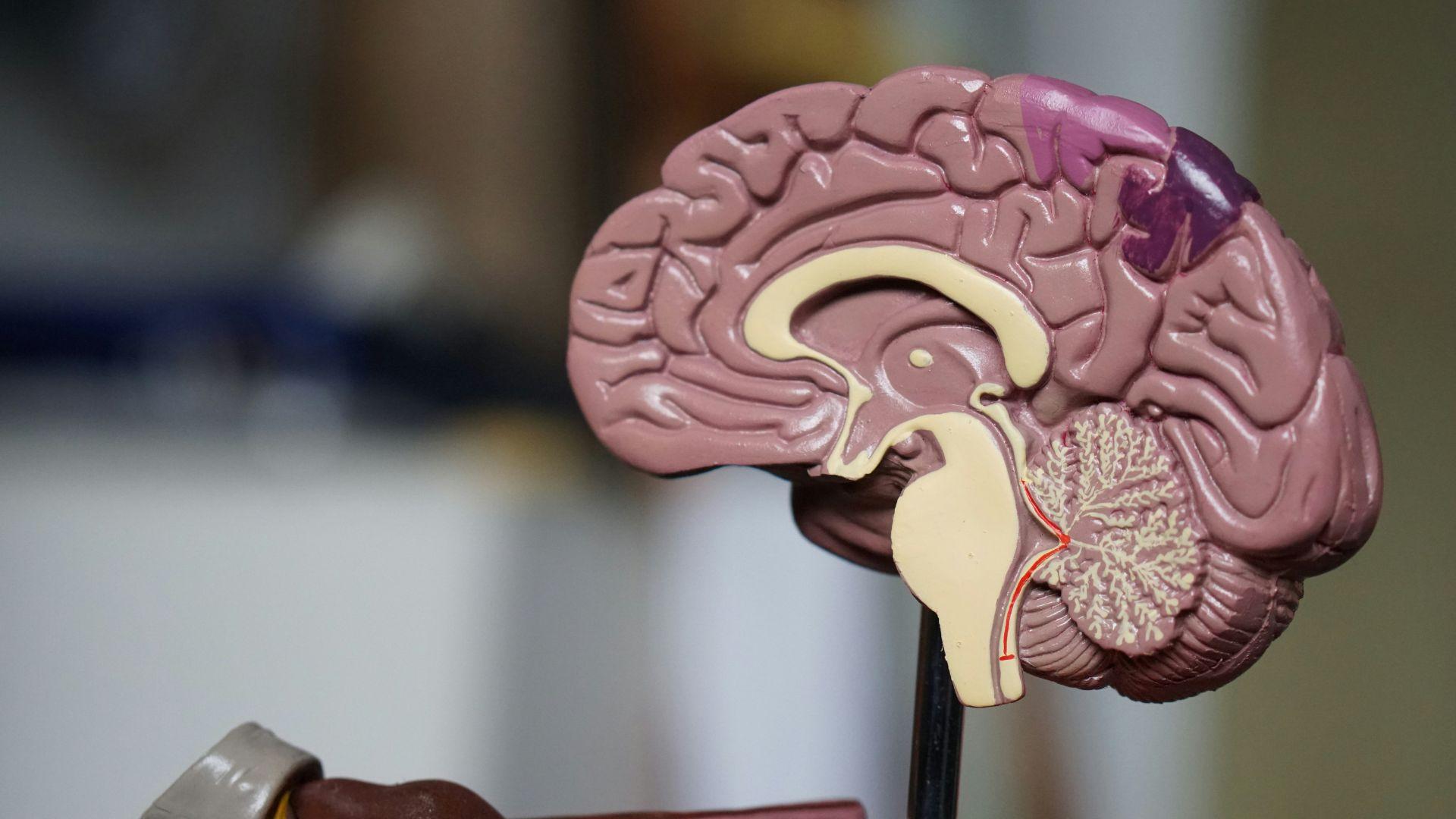A Man’s Wife Left Him Because of ‘Bizarre’ Behavior — But It Was a Brain Tumor
In 2022, a man’s world turned upside down when his marriage ended, not due to fading love or infidelity, but because of his increasingly “extremely erratic and bizarre” behavior.
What was initially chalked up to personality changes and mental health issues culminated in a revelation that would change everything: the diagnosis of a brain tumor. This discovery shed light on years of distress and misunderstanding, offering an explanation but also introducing new challenges and fears about the future.
The Beginning of Troubles
Known as ThrowRABasic-Donut87 on Reddit, the man’s journey into turmoil began with what was perceived as a mental health decline, leading to a diagnosis of a psychotic break, alongside bipolar and schizoaffective disorder.

Source: RDNE Stock Project/Pexels
His behavior, which included substance abuse and profound paranoia, put an unbearable strain on his marriage. His once-loving relationship could not withstand the barrage of challenges, leading his wife to seek a divorce.
A Sudden Collapse Reveals the Truth
It was a sudden collapse while traveling that led to an urgent medical examination. An MRI revealed a tumor in his frontal lobe, offering a shocking explanation for the years of bizarre behavior and mental health misdiagnoses.

Source: Jonnica Hill/Unsplash
This diagnosis brought a mix of emotions, from relief to finally understanding the cause of his struggles to fear of what lay ahead.
The Frontal Lobe's Role
According to the Cleveland Clinic, the frontal lobe, which manages critical aspects of personality, judgment, and behavior, when affected, can lead to drastic changes in a person’s actions and character.

Source: Milad Fakurian/Unsplash
This man’s tumor in this key brain area had profound effects, masquerading as psychiatric disorders and leading to behaviors that alienated him from his loved ones and led to his marital breakdown.
Misdiagnosis and Its Impact
Prior to the discovery of his brain tumor, the man’s behavior was attributed to bipolar and schizoaffective disorders, according to his Reddit post. This misdiagnosis highlights the complexity of psychiatric assessment and the potential for physical health issues to mimic mental health conditions.

Source: Robina Weermeijer/Unsplash
The realization that his struggles stemmed from a tumor, not previously understood mental health issues, underscored the importance of comprehensive medical evaluations.
The Tumor's Effect on Life
The misdiagnosed conditions and resulting erratic behavior wreaked havoc on the man’s life. He lost the support of friends and the trust of his wife and encountered significant professional and personal setbacks.

Source: iStock
This period of his life was marked by loneliness and financial difficulty, a testament to the far-reaching impact of his undiagnosed condition.
Relief and Fear
Upon learning of his brain tumor, the man experienced a profound sense of relief that there was a tangible cause for his past behavior.

Source: Nik Shuliahin/Unsplash
However, this relief was tempered by the fear of the unknown, particularly the uncertainty surrounding his recovery and the potential for lasting personality changes post-surgery.
The Struggle with Identity
One of the most daunting aspects of the diagnosis was the uncertainty about his future identity. In his post, the man expressed concern over whether he would ever return to his “normal” self or if the tumor and its effects had permanently altered his personality.

Source: Daniel Reche/Pexels
This struggle with identity highlights the deep psychological impact of brain-related health issues.
Considering Reconciliation
Despite the damage to his relationships, the man contemplated reaching out to his ex-wife to explain the true cause of his past behavior. He hoped that this knowledge might offer her some form of closure, despite her clear wishes for no further contact.

Source: Stanley Dai/Unsplash
“I want to try to reach out to my ex-wife and her brother,” his post reads. “But maybe they’ve moved on with their lives, and I shouldn’t try to reinsert myself. I’ve done enough damage as it is. They don’t seem to want to have any contact with me. But I also feel like they should know.”
Medical Perspectives on Psychiatric Symptoms and Brain Tumors
The case underscores a critical point in medical science: psychiatric symptoms can sometimes be the sole manifestation of a brain tumor (via the American Brain Tumor Association).

Source: DC Studio/Freepik
This revelation emphasizes the necessity for medical professionals to maintain a broad diagnostic perspective, especially when psychiatric symptoms present without a clear cause.
Surgery and Recovery
Looking forward, the man faces the prospect of surgery with a mix of hope and anxiety.

Source: Tima Miroshnichenko/Pexels
“Thankfully, they think it’s treatable, and with surgery, I stand to make a good recovery,” the man wrote in his post.
A Lesson in Understanding
This story is a powerful reminder of the complexities of mental health and the crucial role of accurate medical diagnosis.

Source: Anna Shvets/Pexels
It challenges societal perceptions of erratic behavior, urging a deeper understanding and compassion for those struggling with potentially unseen medical conditions.
